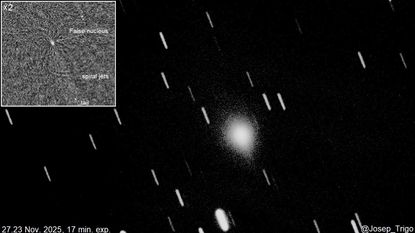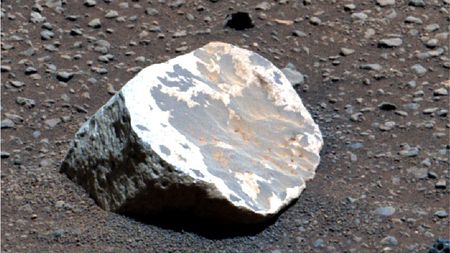Space news, features and articles
Space is a seemingly infinite world of wonder and discovery, filled with mysterious black holes, stunning solar flares, elusive exoplanets and countless cosmic oddities. Our team of expert science writers and editors are ready to hold a lens like that of the James Webb Space Telescope beyond Earth, keeping those on this planet up to date with the latest space news, articles and features.
Discover more about space
—Space photo of the week: Extraordinary images of our sublime universe
—Solar system quiz: How well do you know our cosmic neighborhood?
—Check out some jaw-dropping James Webb Space Telescope images
Latest about Space
-
-
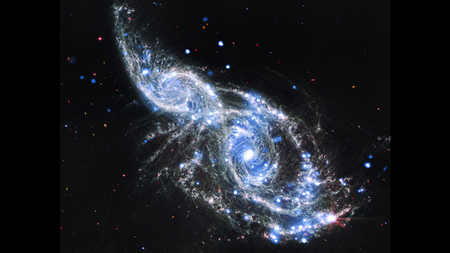
Glittering new James Webb telescope image shows an 'intricate web of chaos' — Space photo of the week
By Jamie Carter Published
-
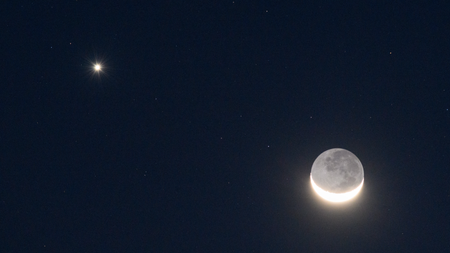
Why is Venus so bright?
By Deepa Jain Published
-
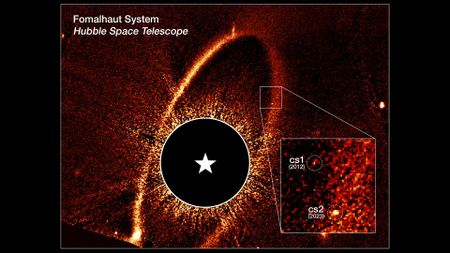
'Unprecedented' protoplanet collision spotted in 'Eye of Sauron' star system just 25 light-years from Earth
By Ivan Farkas Published
-
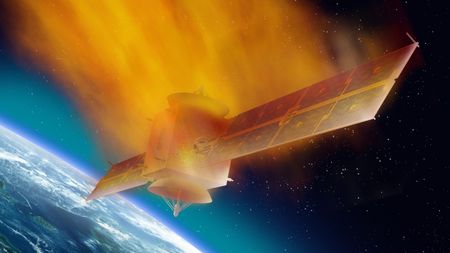 LIVE
LIVEToday's biggest science news: Farewell comet 3I/ATLAS | Starlink tumbles from orbit | AI’s giant carbon footprint
By Patrick Pester Last updated
-
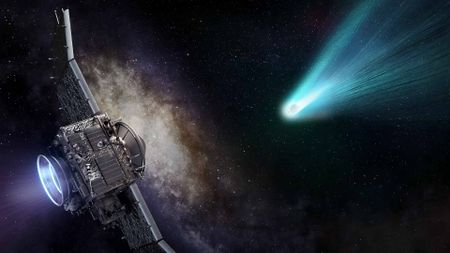
Interstellar comet 3I/ATLAS is rapidly moving away from us. Can we 'intercept' it before it leaves us forever?
By Harry Baker Published
-
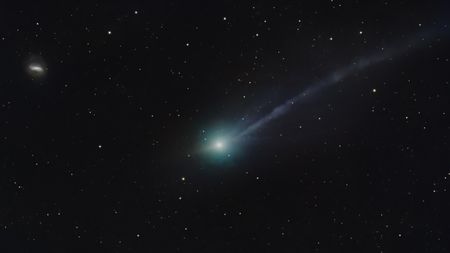
Interstellar comet 3I/ATLAS makes closest pass of Earth. Where's it heading next?
By Patrick Pester Published
-
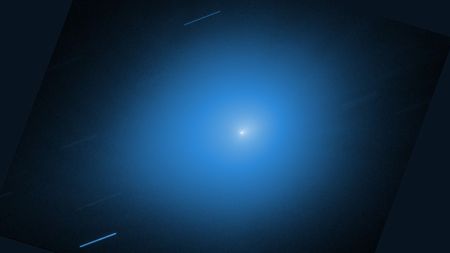
Comet 3I/ATLAS reaches its closest point to Earth tonight: How to see it
By Jamie Carter Last updated
-
Explore Space
Astronomy
-
-

Why is Venus so bright?
By Deepa Jain Published
-

'Unprecedented' protoplanet collision spotted in 'Eye of Sauron' star system just 25 light-years from Earth
By Ivan Farkas Published
-

Interstellar comet 3I/ATLAS makes closest pass of Earth. Where's it heading next?
By Patrick Pester Published
-

Comet 3I/ATLAS reaches its closest point to Earth tonight: How to see it
By Jamie Carter Last updated
-
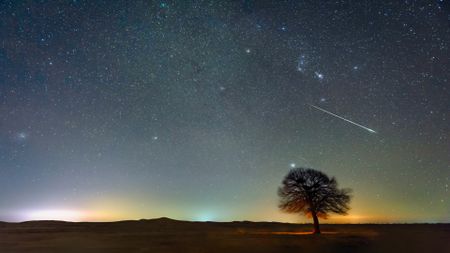
Ursid meteor shower 2025: When and where to see 'shooting stars' on the longest night of the year
By Jamie Carter Published
-
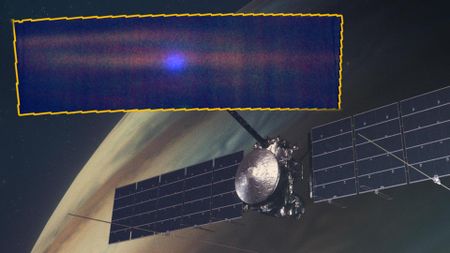
NASA eyes 3I/ATLAS with alien-hunting Clipper spacecraft in new image
By Brandon Specktor Published
-
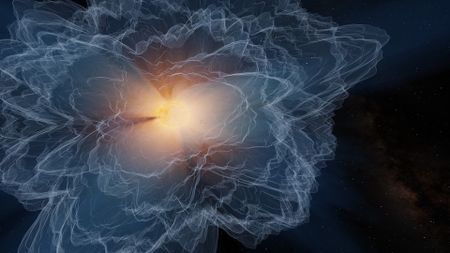
NASA's Parker Solar Probe mapped an unseen part of the sun at its most active moment
By Joanna Thompson Published
-
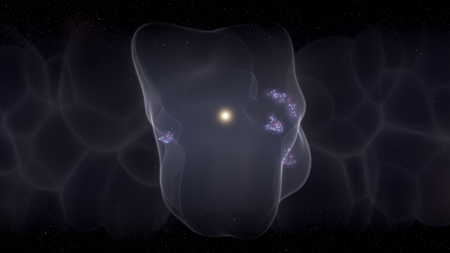
Mysterious, irradiated 'scar' in our galaxy may finally have an explanation
By Sharmila Kuthunur Published
-
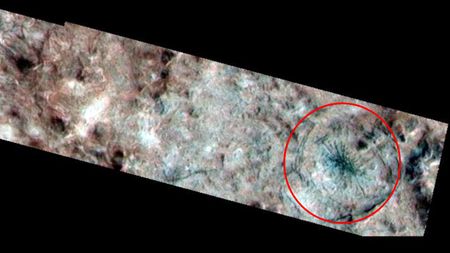
Spiders on Jupiter? Scientists uncover secret origins of arachnid-like 'demon' lurking on gas giant's moon.
By Harry Baker Published
-
Extraterrestrial Life
-
-
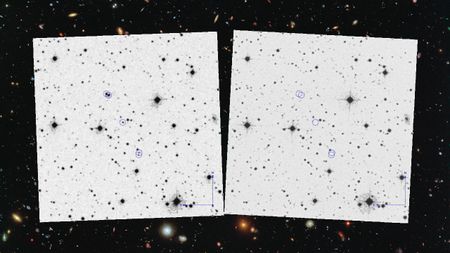
Scientists are debating a 70-year-old UFO mystery as new images come to light
By Sharmila Kuthunur Published
-
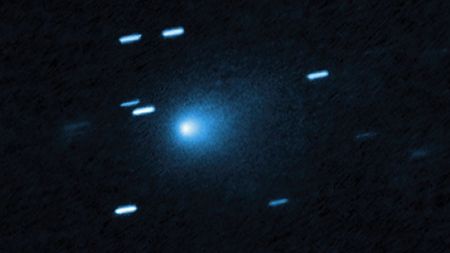
Is it aliens? Here's why that's the least important question about 3I/ATLAS.
By Laura Nicole Driessen Published
-
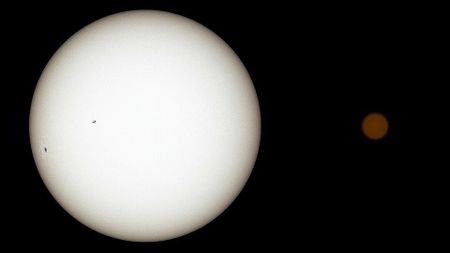
Chinese scientists hunt for alien radio signals in 'potentially habitable' TRAPPIST-1 system
By Mark Thompson Published
-
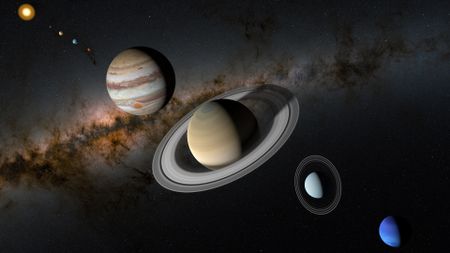
Where could alien life exist in our solar system?
By Damien Pine Published
-
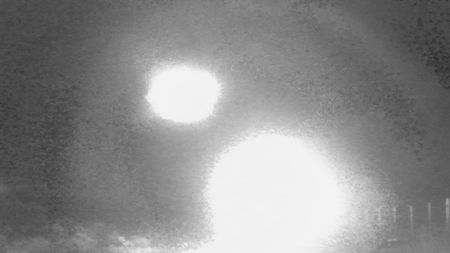
Camera trap in Chile detects strange lights blazing through the wilderness. Researchers are scrambling to explain them.
By María de los Ángeles Orfila Published
-
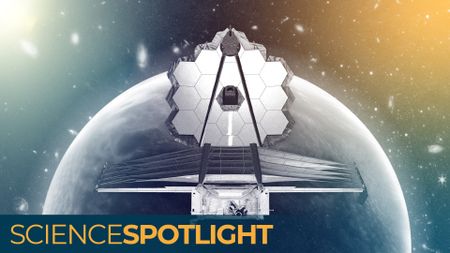
Will the James Webb telescope finally lead us to alien life?
By Brandon Specktor Published
-
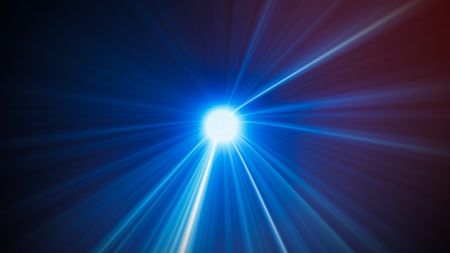
Cosmic rays could help support alien life on worlds outside the 'Goldilocks zone'
By Joanna Thompson Published
-
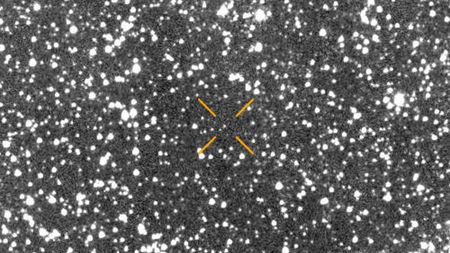
Controversial paper questions whether interstellar visitor 3I/ATLAS is 'possibly hostile' alien tech in disguise
By Harry Baker Published
-
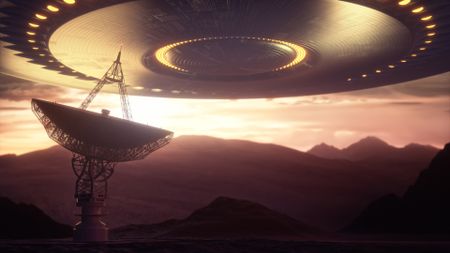
Aliens: Facts about extraterrestrial life and how scientists are looking for it
By Stephanie Pappas Published
-
Space Exploration
-
-

Interstellar comet 3I/ATLAS is rapidly moving away from us. Can we 'intercept' it before it leaves us forever?
By Harry Baker Published
-
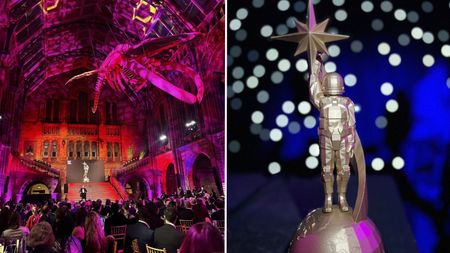
'Necessary for the future of humankind': Who was honored at the first-ever Global Space Awards?
By Harry Baker Published
-
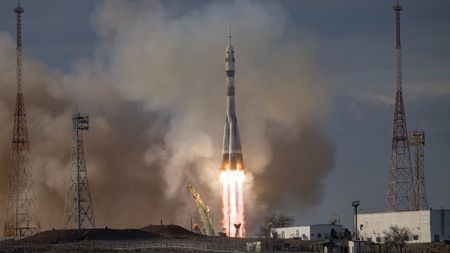
Russia accidentally destroys its only working launch pad as astronauts lift off to ISS
By Harry Baker Published
-
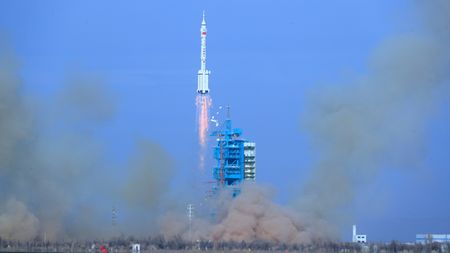
Marooned no more! Stranded Chinese astronauts finally have a way home following launch of unmanned 'lifeboat'
By Harry Baker Published
-
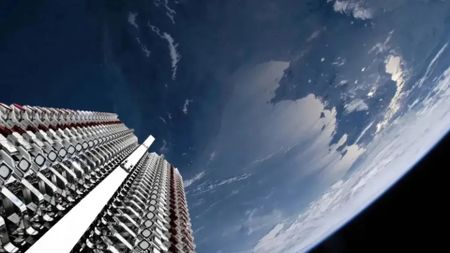
Secretive SpaceX satellites operated by US government are shooting disruptive radio signals into space, astronomer accidentally discovers
By Harry Baker Published
-

Three more Chinese astronauts are now stranded in space following successful rescue of their colleagues
By Harry Baker Published
-
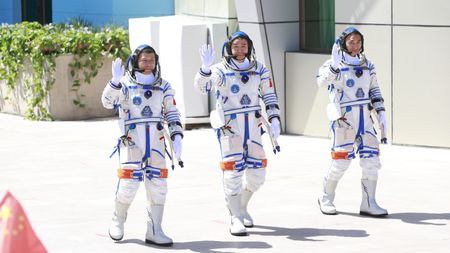
Chinese astronauts are back on Earth after suspected 'space junk' strike left them stranded in space
By Patrick Pester Published
-
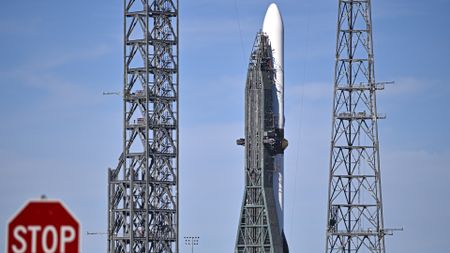
Blue Origin New Glenn rocket: New launch window for historic Mars mission after solar storm delay
By Elizabeth Howell Last updated
-
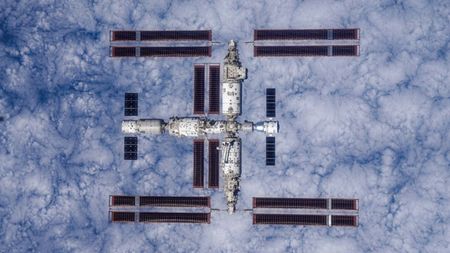
'Stranded' astronauts aboard Chinese space station are preparing to come home — but no date has been announced
By Ben Turner Published
-
More about Space
-
-

Comet 3I/ATLAS reaches its closest point to Earth tonight: How to see it
By Jamie Carter Last updated
-
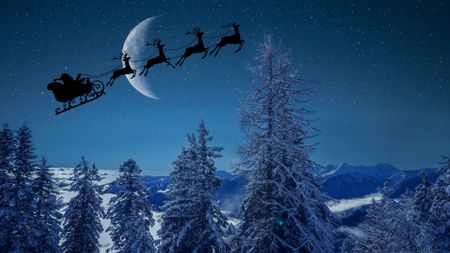
Stargazing over the Christmas holidays 2025: 10 great reasons to look up
By Jamie Carter Published
-

Ursid meteor shower 2025: When and where to see 'shooting stars' on the longest night of the year
By Jamie Carter Published
-


